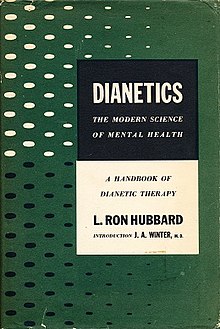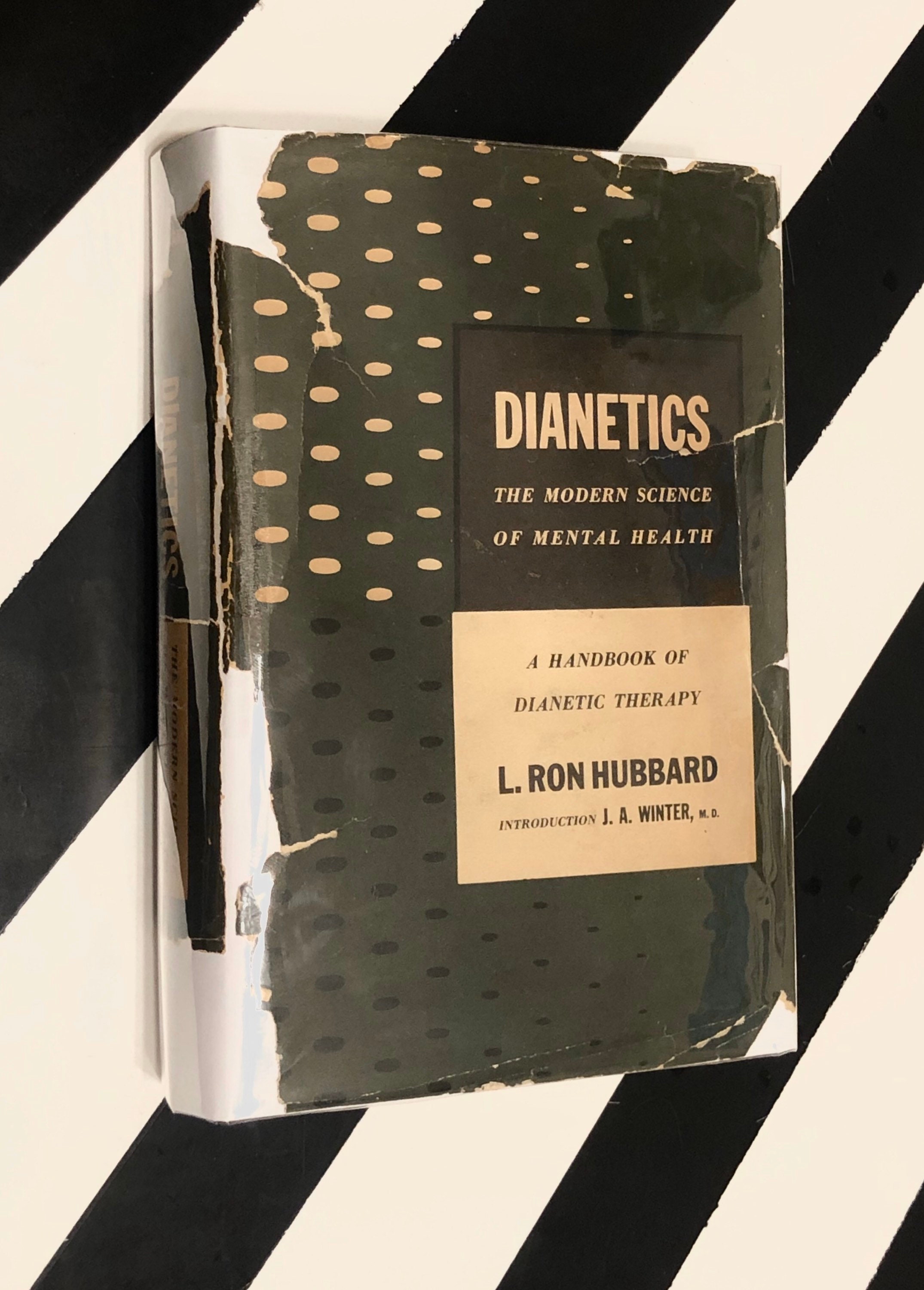Dianetics Things To Know Before You Get This
Wiki Article
Little Known Facts About Dianetics.
I couldn't ever before not desire to obtain anything that enters your mind for you- if it was otherwise, I would not be resting here with you, doing this. I not only might never have a trouble, or otherwise wish to hear something that enters your mind for you, however I'm totally eager to recognize every idea, every thought, every picture or sensation that arises or shows up for you- don't ever assume otherwise, and if somehow you do, please simply let me understand! In some cases, you may have a thought, and photo, idea or occurrence turn up that does not seem to answer the question, or connect to it, yet nevertheless, constantly do tell me regarding it, and as we continue, the relevance will arise for you.This is integral in the basis of handling, and the topic of this conversation: the basic duties of the counselor and the client: The basic role of the therapist is, in contrast to "typical training", not to regulate, which means to apply and/or inhibit, however to rather work from the basis of EMPOWERING THE CLIENT.

Getting The Dianetics To Work
John Mcmasters expressed this standard truth splendidly well in among his talks on Power processing, wherein he describes just how he was asked what this "unique flair" was that he had for offering such great sessions; he had to think of that for a minute, and detected that it was what he had not been doing, along with what he was doing: he wasn't assessing, judging, computing, or in fact, creating any type of ideas, not to mention spoken expressions, after giving the command and while waiting for the computer to complete their response to their fulfillment; he was, just and only, being present with the PC, and entirely interested.The role of the counselor, demonstrated; that was his "special flair". I have had my own experience which showed me this well, extremely early in the video game. In 1982, having actually recently completed my training and teaching fellowship on New Age Dianetics, I was running this on a COMPUTER, and there was a point in the session where (being a little bit damp behind the ears not yet having several hours under my belt Get the facts as an expert auditor) the computer seemed to be "taking also lengthy" to express anything vocally after I gave him a command.
This trick ended up being one of the most important contribution that John ever before made to the subject of treatment or bookkeeping (Dianetics). In my simple viewpoint, it is the greatest payment that any individual has actually ever before made to these subjectsthe application is entirely non-judgemental, non-evaluative, and empty of any type of pointer, suggestions or opinion.no preconceived agenda for individuals, or 'levels' that they need to do
In Scientology we prided ourselves on not evaluating for people. All that really suggested was that the auditor did not Vocally assess for the PC in session.
The 7-Minute Rule for Dianetics

Anybody that had actually ever before seen John audit might not help however observe an one-of-a-kind quality in his bookkeeping."The client's standard function is to be there with the purpose of moving in the direction of their spiritual goals, and to freely and totally share and experience whatever shows up for them in answering the inquiries and executing the instructions in the handling.
This is something to procedure as required. Additionally, people often have previous experience and/or indoctrination in auditing/processing which, in some ways, and to some degrees, really misinforms them right into mindsets, concepts and actions patterns that protect against the full understanding of these duties, and so they will tend to inhibit the expressing of what comes to mind, as in the examples given over - Dianetics. * The first, and perhaps foremost examples of mis-indoctrination bring about less than completely smooth and reliable sessions, can be found in certain aspects of the training routines, or "TR's":"TR's" are commonly an individual's very first, or a minimum of early, experience in Scientology, and while I will take place to clarify what I see as the imperfections in idea and technique, nevertheless, often tend to be greatly therapeutic, done as they are provided (Hubbard urges that "TR's you can find out more are not refining, they are educating", yet factually, they are both processing AND training)
There is no "failing", and no rejection of the fact of this being processing. The focus, as it ought to be, is on experiencing the various other individual's presence.
The 5-Minute Rule for Dianetics

Report this wiki page